Key Poets and Authors of Iran
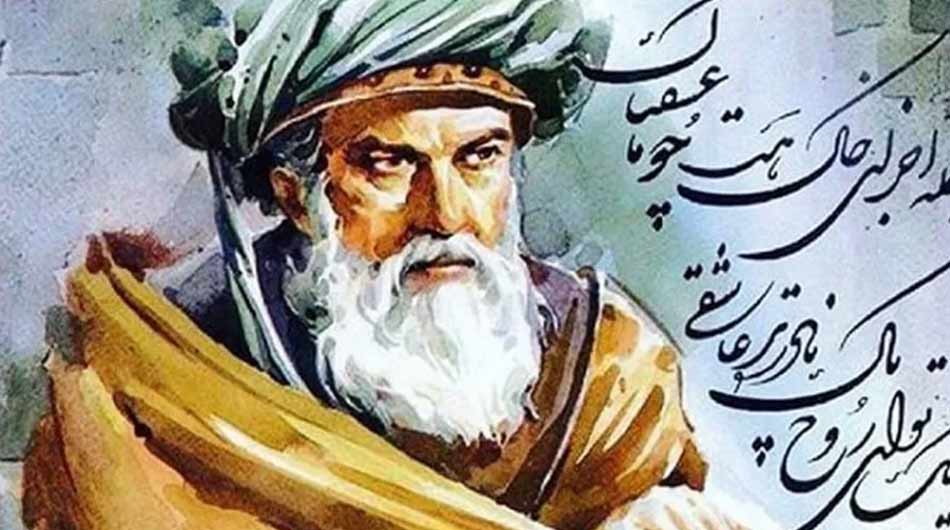
Rumi (1207-1273)
Jalal al-Din Muhammad Rumi, widely known simply as Rumi, is perhaps the most famous Persian poet worldwide. Born in present-day Afghanistan, Rumi spent most of his life in Konya, Turkey, but his work is firmly rooted in Persian literary tradition. Rumi’s poetry, especially his magnum opus Masnavi, is a deeply spiritual and philosophical exploration of the human soul’s quest for union with the divine. His verses, rich with metaphors and allegories, transcend cultural and religious boundaries, making Rumi a global literary figure. Today, Rumi’s works are among the best-selling poetry in the United States, illustrating the enduring appeal of his message of love, tolerance, and spiritual awakening.
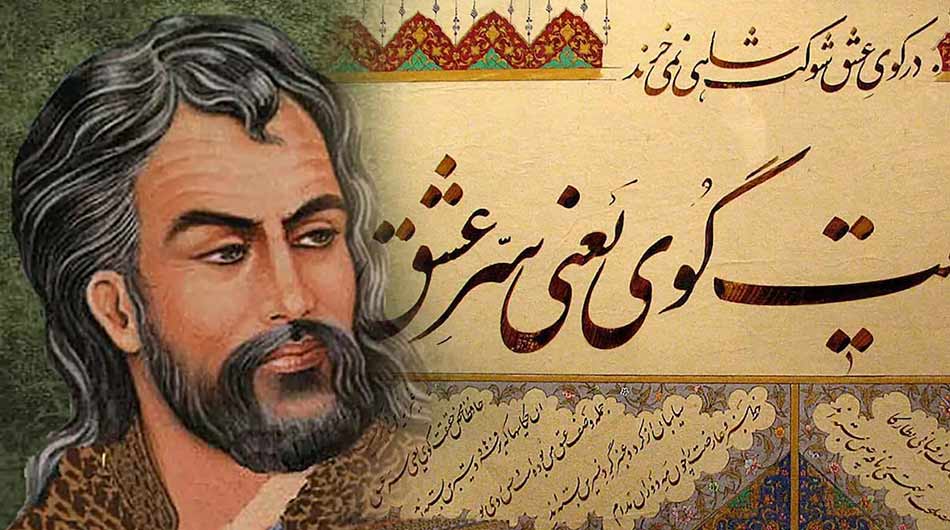
Khwāja Shams-ud-Dīn Muḥammad Ḥāfeẓ-e Shīrāzī, commonly known as Hafez, is another giant of Persian literature. Hafez’s Divan (collection of poems) is one of the most beloved works in Persian literature. His ghazals, characterized by their lyrical beauty and deep emotional resonance, explore themes of love, spirituality, and the fleeting nature of life. Hafez’s work has been admired for its use of rich imagery and intricate metaphors, which often have multiple layers of meaning. His poetry continues to be an integral part of Persian culture, with many Iranians turning to Hafez’s Divan for guidance and inspiration in times of uncertainty.
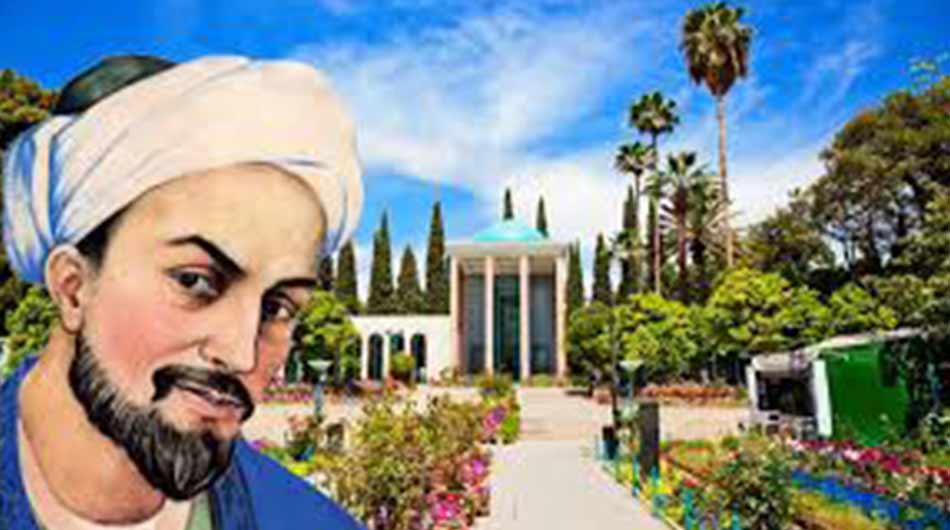
Saadi of Shiraz, known for his wisdom and eloquence, is one of the most important figures in classical Persian literature. His two major works, Bustan (The Orchard) and Golestan (The Rose Garden), are masterpieces of Persian prose and poetry. Bustan is a collection of ethical poems, while Golestan is a series of prose stories interspersed with poetry, offering moral lessons and reflections on life. Saadi’s works are celebrated for their clarity, simplicity, and profound insights into human nature. His famous quote, “Human beings are members of a whole, in creation of one essence and soul,” reflects the universal humanism that characterizes his writing, making Saadi a beloved figure not just in Iran, but around the world.
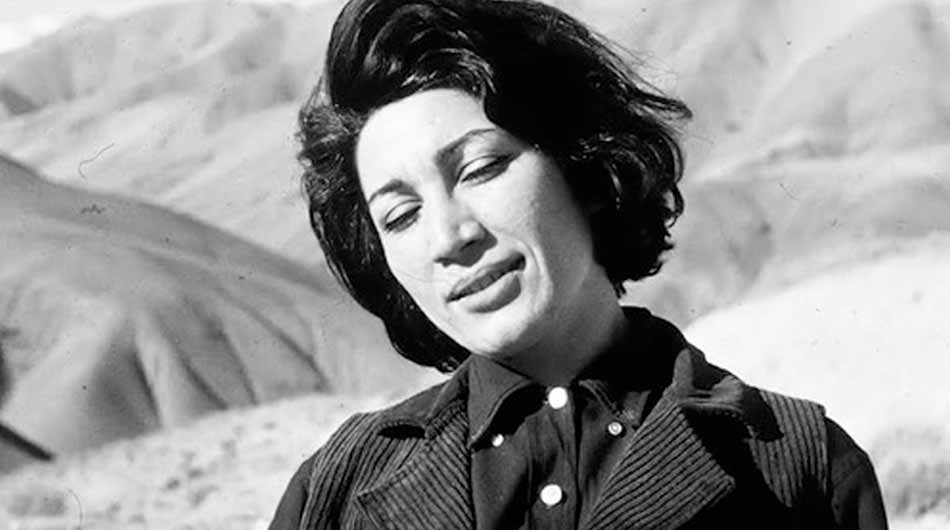
Forugh Farrokhzad is one of the most influential modern Iranian poets, known for her bold and revolutionary voice. Her poetry, often autobiographical, addresses themes of love, loss, and the struggles of women in a patriarchal society. Farrokhzad’s work was groundbreaking in its open discussion of topics that were considered taboo, particularly in relation to female identity and sexuality. Her collections, such as Another Birth and Let Us Believe in the Beginning of the Cold Season, showcase her unique style, marked by its emotional intensity and lyrical beauty. Despite her untimely death at the age of 32, Farrokhzad’s legacy endures, and she remains a powerful symbol of feminist and literary resistance in Iran.
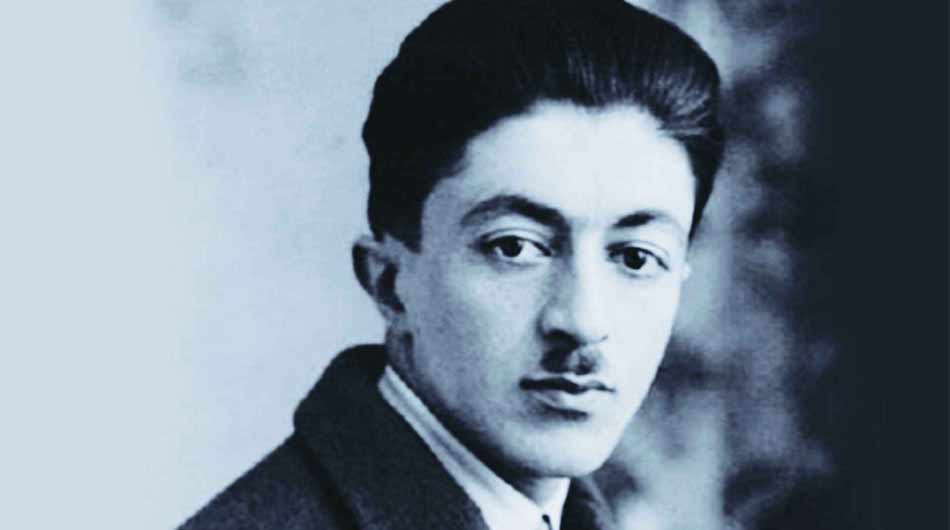
Sadegh Hedayat is widely regarded as one of the most important figures in modern Iranian literature. His most famous work, The Blind Owl (Boof-e koor), is a haunting and surreal novella that delves into themes of existential despair, isolation, and the human psyche. Written in 1937, The Blind Owl has been translated into numerous languages and continues to be studied for its complex narrative structure and profound psychological insights. Hedayat’s exploration of modernity, alienation, and the darkness of the human condition had a significant impact on subsequent generations of Iranian writers and remains a cornerstone of Iranian literature.
Conclusion
The poets and authors highlighted in this article represent just a small fraction of the rich literary tradition of Iran. From the classical works of Ferdowsi and Rumi to the modern voices of Farrokhzad and Hedayat, Iranian literature has made an indelible mark on the world. These writers not only shaped the cultural and intellectual landscape of Iran but also contributed to the broader narrative of world literature. As we continue to engage with their works, we are reminded of the enduring power of words to inspire, challenge, and connect us across time and space.
Tags:Adventure holidays, Best time to travel to iran, best tour operator iran, Cultural sites of Iran, Culture of Iranian People, Economy of Travel, Forugh Farrokhzad, Hafez, Holiday in Iran, Iran Architectural, iran attractions, Iran country, Iran cultural, iran destinations, Iran enriching experience, Iran sightseeing tours, iran Solo trip, iran tour, Iran tour packages, iran tourist attractions, Iran travel agency, iran travel expenses, Iran Travel Guide, Iran Travel Tips, Iranian culture, Iranian Hospitality, Iranian poets, Iran’s traditional medicine, Jalal al-Din Rumi, must-visit Iran, persia tour, Poets and Authors of Iran, Poets of Iran, Saadi, Sadegh Hedayat, Surfing In Iran, top tourist destinations, travel to iran, Traveling to Iran, travelling to iran, trip to iran, vacation packages, visit iran, درناگشت
